Hey Google, write this article for me.
Google I/O is finished for another year, but the effects from last week's keynote are still being profoundly felt, both in the developer community and here, closer to home.
While many of Google's initiatives haven't yet rolled out, or are still pipe dreams, there's a lot to be genuinely excited about this time around.
Here's what the Android Central team loved from this year's show.
Ara Wagoner
I've been excited to see Assistant's perpetual growth — especially on phones — and Google I/O gave us announcements that will bring Assistant closer to the personalized personal assistant that we've been dreaming of. More voices and Continued Conversation will (hopefully) let users feel like they're building more of a relationship with Assistant instead of just barking order after order at it. Speaking of barking orders, the I loved the Assistant announcement about helping us all learn — or re-learn — a very important word: "Please."
As a new generation of kids is raised around technology that will give them just about anything they ask for, Pretty Please is a big step forward for Google Assistant. Requiring children to say please when asking for something can help reinforce the importance of being polite, especially because Google will thank and compliment users who ask for things nicely. Also, making the parents say please not only shows the kids that their parents have to be polite to Google, too, but can nudge us to take a gentler and more conversational approach to our prompts for Google Assistant.
Also, I need that magical chime on my Google Assistant right now. Please.
Daniel Bader
Google I/O this year was all about reclaiming time. Time from your phone, time from your phone calls, and time for the people that matter. To that end, as someone who admittedly uses his phone too much, Google's Digital Wellbeing initiatives are a good start. They're not perfect — Andrew already summed up their flaws and limitations well — but, at least for me, they lay the foundation to understanding how I use my phone and how I can lay off the excess.
The Dashboard, which will be coming to a future version of Android P, shows how this will work: metrics to provide the basis for a more grounded knowledge base of how you use your phone on a day-to-day basis. I know that I spend a lot of time in Twitter and Instagram, but when the Dashboard tells me I spend 80% of my day in either one, I'm hoping that will be enough impetus to cut down. (To be honest, it probably won't, but knowledge is power, as they say.)
On the other hand, I'm comforted by the fact that Google is finally acknowledging, and taking steps to assuage, the growing problem of smartphone dependency.
Marc Lagace
My favorite announcement from Google I/O was about new features coming to one of the most-used apps on my phone: Google Photos.
I love all the smart features that Google has been adding to Google Photos in the past, and the stuff they showed off this year will surely cement the app as my go-to for viewing, processing, and sharing photos I take on my smartphone. The colorization of black and white photos is super cool — although admittedly not a feature I'm likely to use on a daily basis — but the ability to recognize, scan, and convert documents into PDF is long overdue.
Joe Maring
As much fun as I'm having with Android P and its crazy gestures on my Pixel 2, I found myself most excited about the Google Assistant-related announcements at this year's I/O.
I use the Assistant every single day between my phone and Google Home(s), so features like Continued Conversations that'll allow me to ask follow-up questions without having to say "OK, Google" or "Hey, Google" over and over and over again is a God-send.
Something else that really caught my eye was the revamped UI for the Assistant on phones. The chat-like interface that we currently have is fine, but I love all of the new elements Google's working on. The new "home" page that offers contextual information/cards is something I've been longing for since the Google Now page was killed off and I love the idea of having interactive controls for things like smart bulbs and thermostats built right into the Assistant.
Also, can we talk about Google Duplex? I had to pick my jaw up off the floor after that first demonstration and cannot wait to see where Google takes this going forward. I understand the apprehension some people have about a technology along these lines, but the fact that Google created something that beat the freaking Turing Test is BONKERS.
Jerry Hildenbrand
At Google I/O, the company finally opened up Chromebooks for "regular" Linux apps. They didn't give many details other than saying, "Android Studio for Linux will run on the Pixelbook because it can safely run Linux applications", but thankfully the right nerds looked in the right places and we have a good idea of the what and how.
A custom distribution of Linux will run in its own container, much like Android does. Since it won't be locked down like Android, that container runs inside its own kernel-based virtual machine. This way it won't have access to the actual Chrome OS system files. This is in the beta channel for the Pixelbook and should be available for all Chromebooks with 64-bit processors "soon".
It's perfect. I can keep my Pixelbook safe and sound while having access to the huge library of excellent desktop software I already use. That Pixelbook with 512 GB of storage looks a lot better now.
Hayato Huseman
I think my favorite announcement from this year's Google I/O is the JBL Link Bar. It may not be as terrifyingly impressive as Google Duplex or as practical as the new walking directions coming to the camera, but I've been in the market for a soundbar for years. As far as TV audio goes, I've always just settled with the poor sound the built-in speakers wheeze out, and I've had my eye on the Sonos Playbar, but having Android TV and Google Assistant baked into a single unit makes the Link Bar super appealing to me.
I'm also really excited for Android to finally start embracing gestures. I've been using the iPhone X for a few months now, and I've fallen in love with gesture navigation all over again after the last decade without webOS forced me to move on. I know, I know — a lot of people think it's just change for the sake of change, and I honestly don't disagree with that. But for the time being anyway, it's purely optional, and if you prefer the traditional three-button layout, it's still alive and kicking.
Russell Holly

Google dropped a lot of cool stuff on us, but the best by far, in my opinion, is the Google Maps walking directions update. Using the Visual Positioning System originally intended for Protect Tango and making it a seamless part of Maps for more accurate walking directions. As someone who is regularly lost in big cities, this is a huge deal for me.
I'm also a big fan of the fun little fox Google added as a feature we might see when it rolls out. That fox is part of the Google Poly kit, and a great way of pulling ARCore into a proper Google app.
Tom Westrick
In terms of things I'll actually use on a daily basis, my favorite announcement is Android P. The AI announcements are interesting, and new Linux apps on Chrome is going to be cool, but my most used device will always be my phone. And most of my time spent on the phone will be navigating around the interface, so the new UI in P is something I'm looking forward to.
The gestures are a bit broken — beta software and all — but they look promising. It is going to be a bit awkward to have the navigation functions split between gestures — multitasking and opening the app drawer — and tapping buttons — home and back. We have a few more months before P is officially official, so there's time to tweak things.
Andrew Martonik
Android P reaching its first beta release was exciting, and being able to get an updated look at the new features and design of the latest release months in advance is always great. But what really took me by surprise was the expansion of the beta program to phones from seven different Android manufacturers beyond Google's own Pixel phones.
Sure this is neat for owners of these non-Pixel phones, particularly those that are on the cheaper side, as they can get an early look at Android P if they want. But what's really important is giving more companies earlier access to the next version of Android. Every single one of these companies gets to work with Android P a full six months before it will be released to the public, and that means they get a head start on their engineering. That should translate into faster updates for phones going forward, particularly now that Project Treble is in play, but also more stable software for phones that launch with Android P as well.
Sure these phones won't all have a stock-like software experience that looks the same as the beta does today, but getting the latest features and software updates is always a move in the right direction no matter what the interface customizations may be.
Your favorite announcement
What did you love about Google I/O this year? Let us know in the comments down below!

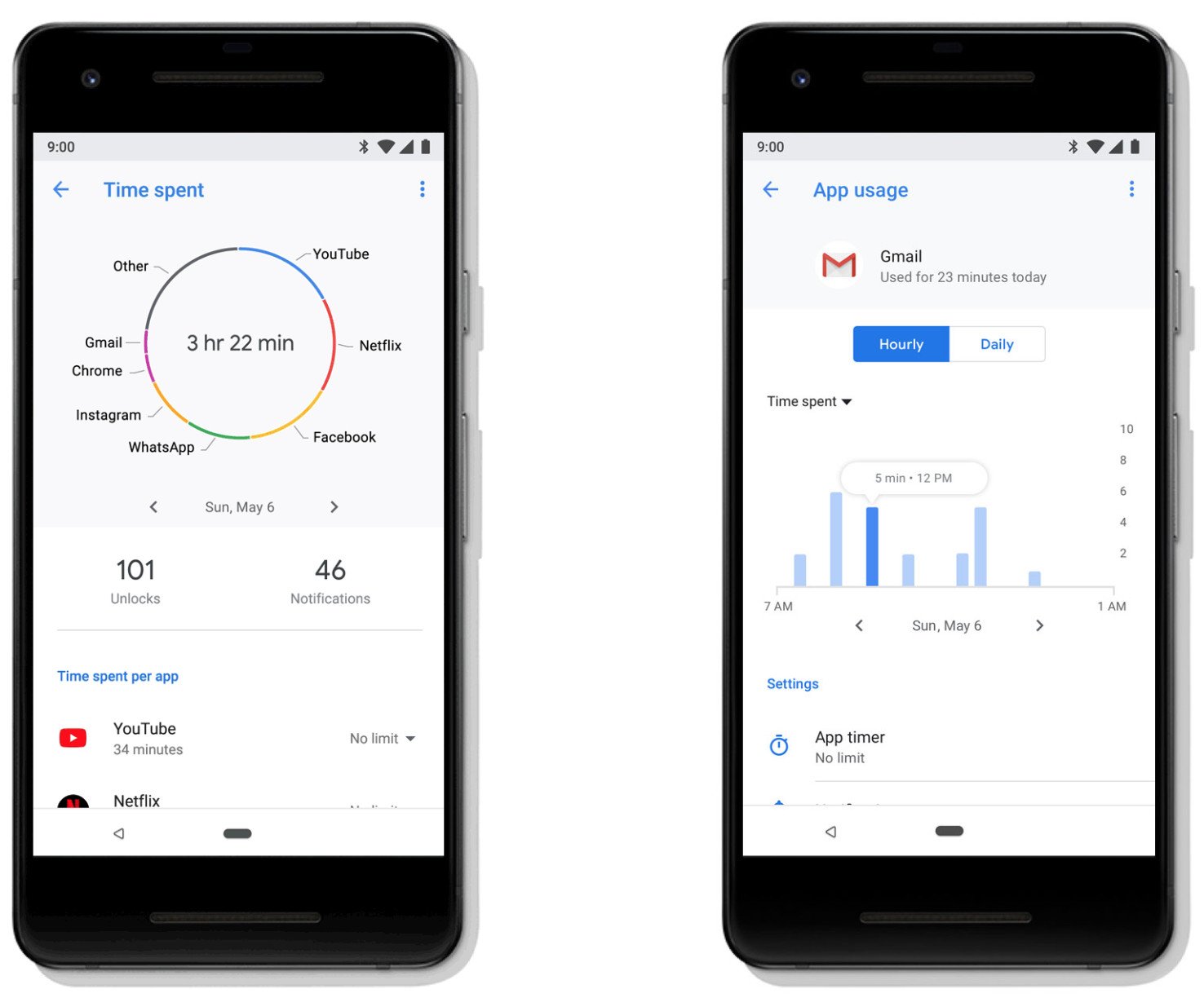
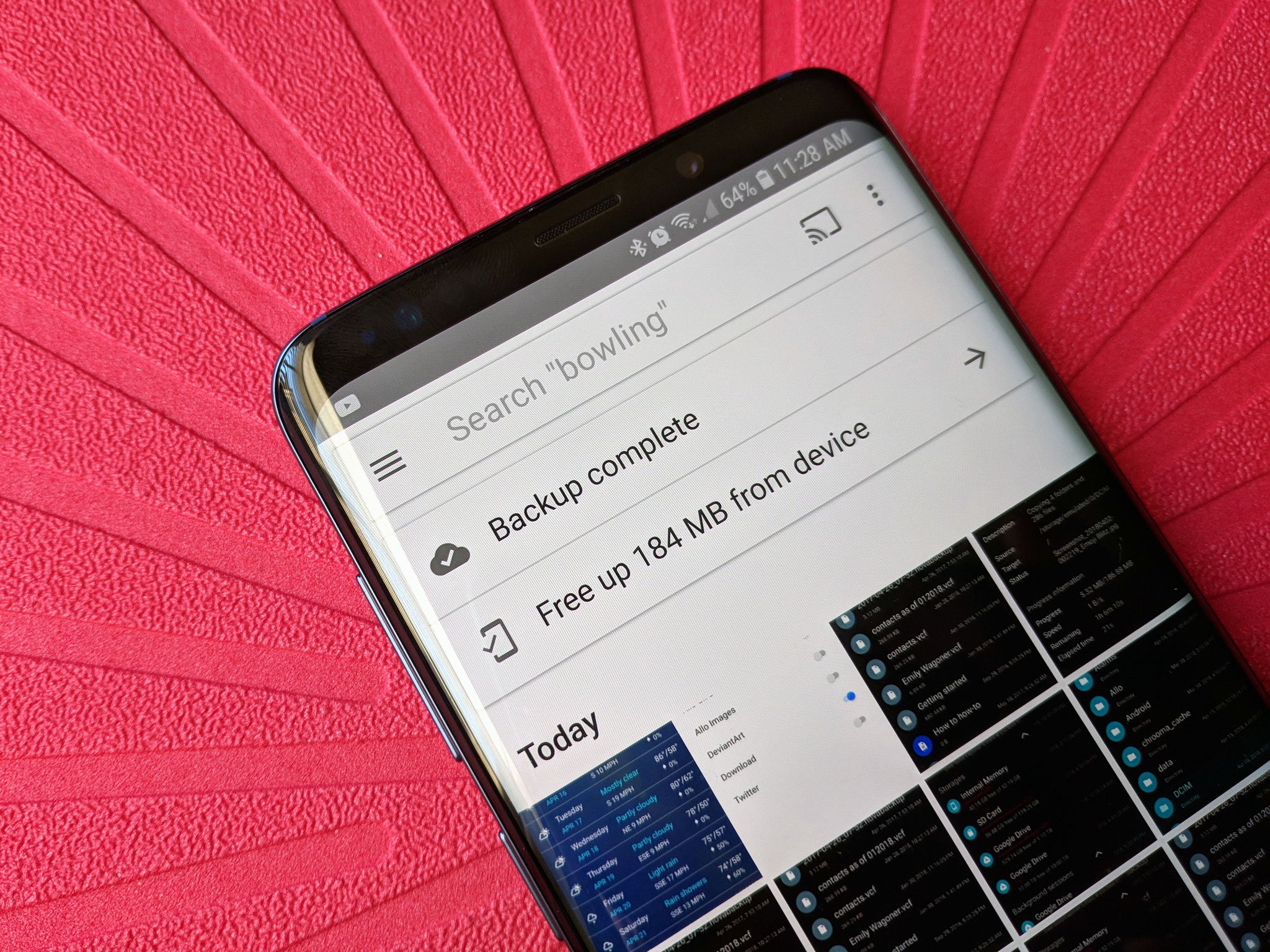
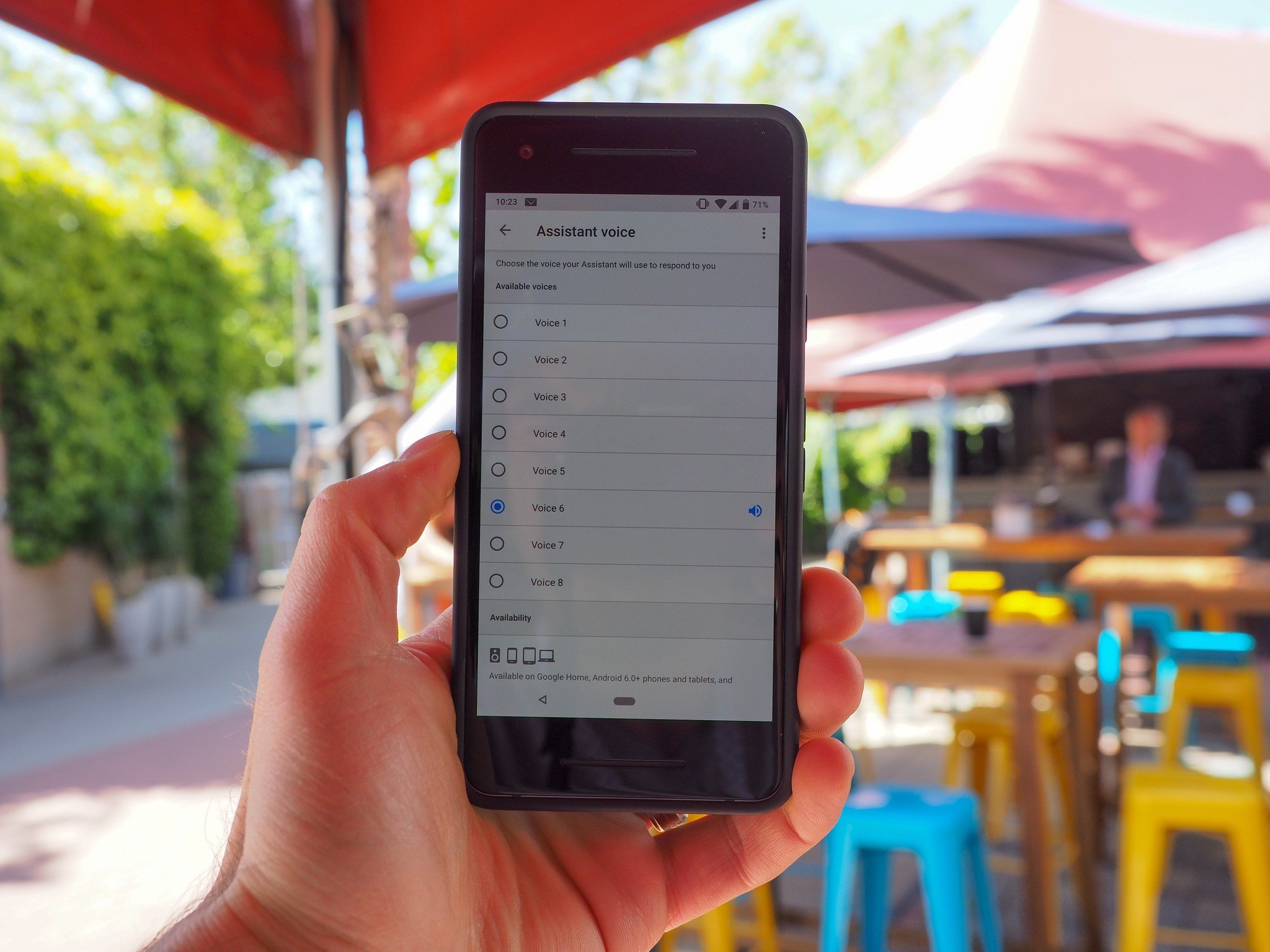
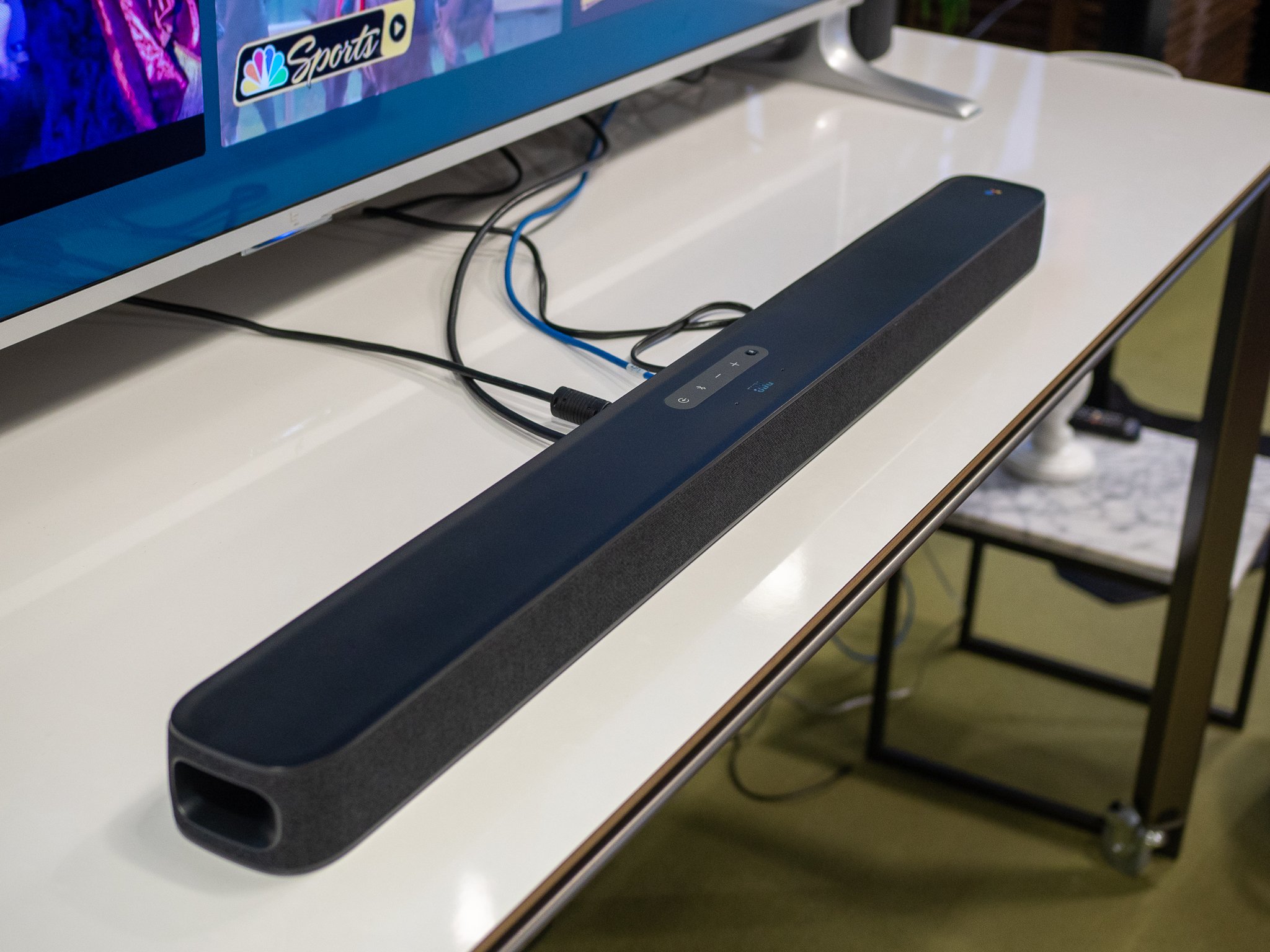

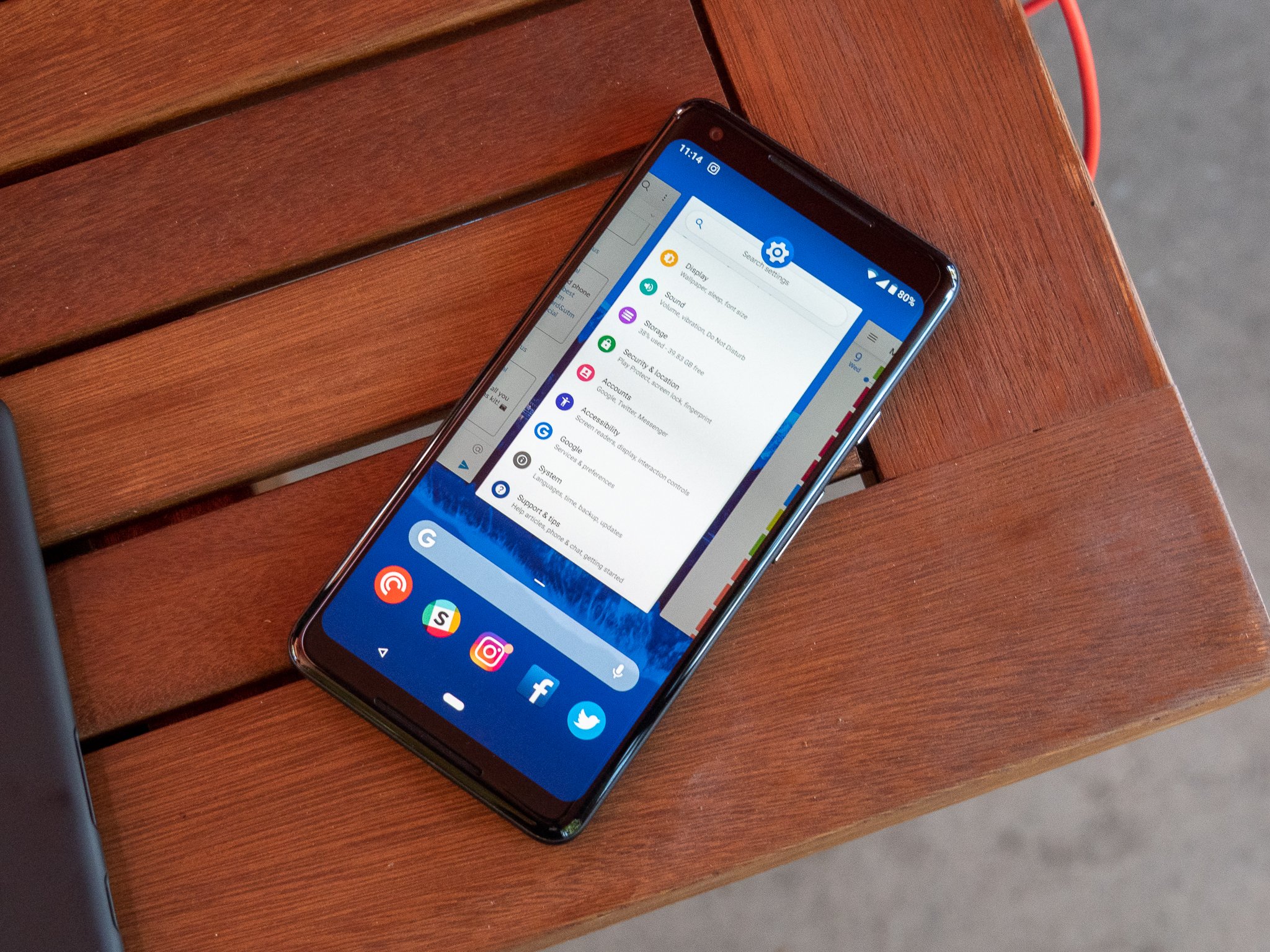
Post a Comment